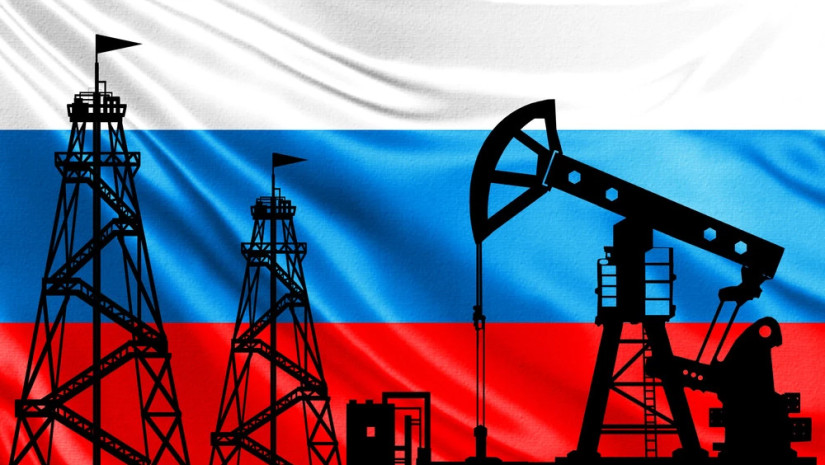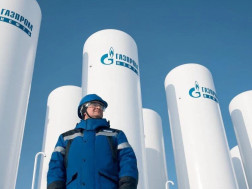In March 2023, the total imports of crude oil and petroleum products from Russia into the EU decreased to 1.4 million tonnes (Mt) compared with the average monthly figure of 15.2 Mt in the three years from 2019 to 2022 (-90%), reads the recent report of Eurostat, the Statistical Office of the EUropean Union.
Russia had been a significant source of oil for the EU, but its war of aggression on Ukraine prompted the Commission to issue a 6th package of EU sanctions (June 2022) which included embargoes on imports of Russian oil into the EU. The ban on imports of seaborne crude oil entered into force on 5 December 2022, while the ban on petroleum products took effect on 5 February 2023.
The EU had started shifting its imports to other origins already before the embargoes entered into force and then accelerated the shift to meet the embargoes’ deadlines.
Crude oil imports decreased from 12.4 Mt in January 2022 (before the start of Russia’s war of aggression on Ukraine) to 3.7 Mt in December 2022 (-70%), when the embargo entered into force. Crude oil imports continued to decline to 1.17 Mt in March 2023 (-91%).
Meanwhile, imports of petroleum products decreased from 3.3 Mt in January 2022 to 0.7 Mt in February 2023 (-80%), the second embargo deadline, and continued to decrease to only 0.3 Mt in March 2023 (-92%).
Total oil imports from Russia did not reach zero due to certain exceptions outlined in the bans, which allow for limited imports under specific conditions.
Emergency stock releases and EU’s replenishment approach
The Russian war of aggression on Ukraine created turmoil in the oil sector, prompting two emergency stock releases in March and April 2022 aimed at stabilising the market. These were coordinated by the International Energy Agency and backed by the EU.
Several EU countries participated in the joint actions, using part of their surplus of emergency reserves, while others dipped below the minimum levels required under Article 3 of Directive 2009/119/EC.
In 2022, the Commission assessed the situation in the domestic and international markets and advised EU member states to refill their emergency oil stocks to the minimum required levels by 31 March 2023.
In July 2022, 10 EU countries were below their national minimum level (Bulgaria, Czechia, Ireland, Croatia, Italy, Latvia, Lithuania, Hungary, Austria and Romania). However, by March 2023, only Bulgaria, Czechia, Ireland, Latvia and Lithuania remained below their requirements, and 3 are close to fully restocking their oil reserves.
















